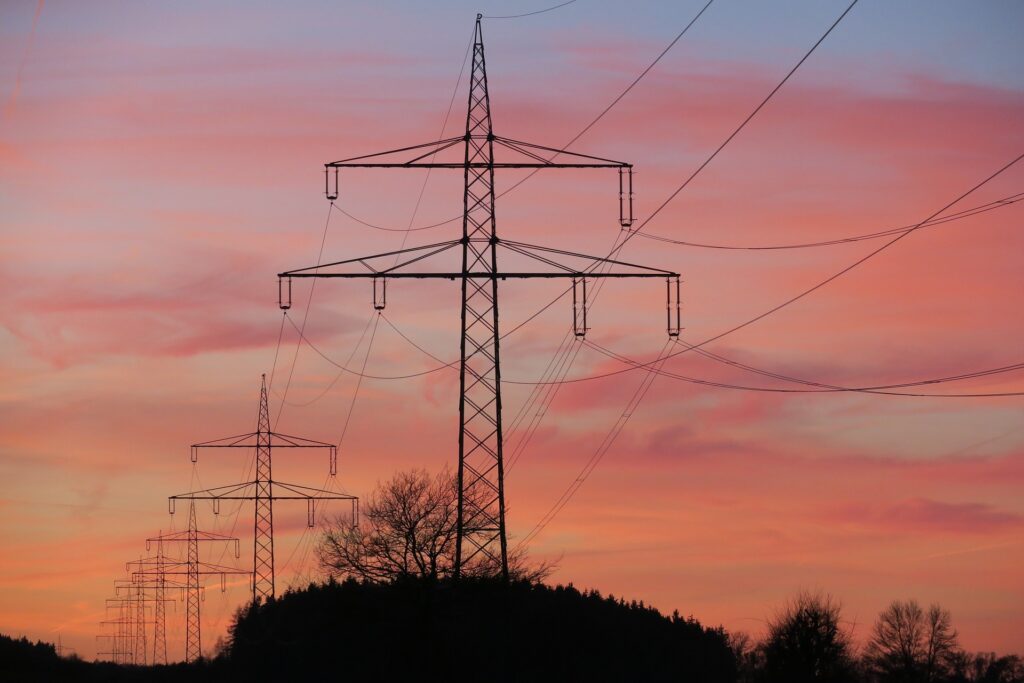Regen has called for urgent action on grid connections to improve energy security, transition to net zero, and lower customer bills amid rising inflation.
The independent clean energy specialist group, with over 150 member companies, has detailed in an open letter to the new electricity networks commissioner, Nick Winser, how all projects over 1MW seeking to connect to the distribution network are facing delays of up to a decade. This is due to capacity constraints at the transmission level.
Regen highlighted that capacity constraints at the transmission level have become a major obstacle preventing the rapid progression of net zero, the improvement of energy security, and lowering customer bills.
To tackle this urgent issue, Regen has called for two improvements. This includes faster investment in the transmission network, and the establishment of a CEO-led joined up plan from network and system operators to put in place practical measures to address constraints.
This is not the first time accelerating the energy transition has been highlighted as a solution for rising energy costs. The National Grid ESO stated in July that accelerating the energy transition can not only alleviate concerns over security of energy supply, but also deliver cheaper power to consumers.
The Future Energy Scenarios (FES) 2022 report outlined a detailed assessment of the energy system’s decarbonisation journey, using four key scenarios to plot that trajectory.
This included factors such as policy and delivery, consumer and digitalisation, markets and flexibility, and infrastructure and the whole system.
Earlier this year, Regen also disclosed via a report for National Grid ESO, that technical solutions needed to operate a net zero electricity system by 2035 are available or attainable although a step-change in the level of investment is still needed.
By 2035, the consumption of electricity in Great Britain could almost double to between 450 and 500TWh, with this requiring a substantial increase in generation capacity as well as investment in the electricity transmission and distribution networks.
The report concluded that the technical solutions needed to operate a fully decarbonised electricity system, including energy storage and smart technologies that enable more consumer participation, are available or attainable with continued innovation.
In order to achieve this, step-change in the level of investment will be required as well as the mobilisation of all parts of the energy industry.
On the report’s findings, Becky Hart, strategy manager at National Grid ESO, said: “The report shows that a fully decarbonised electricity system is achievable and resilient, but requires starting the energy transition now.”





